
Last year we celebrated the Centenary of the Easter Rising. The Rising was not only a result of British injustice but also the Potato Famine several decades earlier. The famine was actually a blithe on the potato crops that prevented the poor Irish farmers living under British rule from paying their rent. During the years 1845 -1849 record crops were sent to England from Ireland. The poor in Ireland who depended on the potato had to choose to eat or pay their rent. A million plus people could do neither which resulted in their starving to death.

Some families resorted to stealing food to feed their starving children. Those who were caught with even a single loaf of bread were given up to 20 years of hard labor in an Australian penal colony. Many who chose to stay, lost their homes and were sent to work houses that were almost as bad as the English prisons. The starving peasants are remembered by statues located on the Quay of the Liffey River in Dublin.
Forced to leave their homeland a million Irish people emigrated to Europe, Australia or America to escape the death spiral. Even so thousands of these emigrants died on these black ships sometimes called 'death ships'. One restored Death Ship the Jeanie Johnson is pictured below.
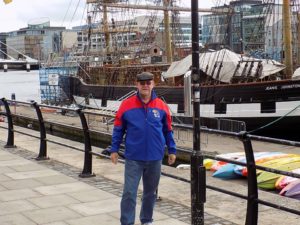
The famine finally ended but excessive taxation and ill treatment did not. The result was the Rising of 1916. Though the Rising failed, the execution of the leaders and murder of many innocent people kept a guerilla movement growing. Finally in 1922 A.D. the English had enough. Twenty-Six of the Irish Counties were granted independence. The six colonies in the North (Northern Ireland) remained under British control until 2005 A.D. when the last of the British troops were finally removed. The north and the south are still separated and each is an independent country today.
In spite of over 800 years of brutal treatment by the British government and their landlords the Irish people have chosen to be forgiving of the English. Forgiveness however, does not mean forgotten. We should always remember the sacrifices that were made and the hardships of our ancestors. These brave people sacrificed, fought and died that future generations can now live in peace and freedom. Almost every city around the beautiful this island has statues and monuments remembering the brave men and women of the Easter Rising. If you would like to learn more about these

heroes, read the historical novel by Morgan Llewellyn entitled "1916." This is a work of fiction with many real people and historical facts. Miss Llewellyn has written several other historical novels that makes learning the history of Ireland fun. I have read them all and each one was enlightening.
 Last year we celebrated the Centenary of the Easter Rising. The Rising was not only a result of British injustice but also the Potato Famine several decades earlier. The famine was actually a blithe on the potato crops that prevented the poor Irish farmers living under British rule from paying their rent. During the years 1845 -1849 record crops were sent to England from Ireland. The poor in Ireland who depended on the potato had to choose to eat or pay their rent. A million plus people could do neither which resulted in their starving to death.
Last year we celebrated the Centenary of the Easter Rising. The Rising was not only a result of British injustice but also the Potato Famine several decades earlier. The famine was actually a blithe on the potato crops that prevented the poor Irish farmers living under British rule from paying their rent. During the years 1845 -1849 record crops were sent to England from Ireland. The poor in Ireland who depended on the potato had to choose to eat or pay their rent. A million plus people could do neither which resulted in their starving to death.  Some families resorted to stealing food to feed their starving children. Those who were caught with even a single loaf of bread were given up to 20 years of hard labor in an Australian penal colony. Many who chose to stay, lost their homes and were sent to work houses that were almost as bad as the English prisons. The starving peasants are remembered by statues located on the Quay of the Liffey River in Dublin.
Forced to leave their homeland a million Irish people emigrated to Europe, Australia or America to escape the death spiral. Even so thousands of these emigrants died on these black ships sometimes called 'death ships'. One restored Death Ship the Jeanie Johnson is pictured below.
Some families resorted to stealing food to feed their starving children. Those who were caught with even a single loaf of bread were given up to 20 years of hard labor in an Australian penal colony. Many who chose to stay, lost their homes and were sent to work houses that were almost as bad as the English prisons. The starving peasants are remembered by statues located on the Quay of the Liffey River in Dublin.
Forced to leave their homeland a million Irish people emigrated to Europe, Australia or America to escape the death spiral. Even so thousands of these emigrants died on these black ships sometimes called 'death ships'. One restored Death Ship the Jeanie Johnson is pictured below.  The famine finally ended but excessive taxation and ill treatment did not. The result was the Rising of 1916. Though the Rising failed, the execution of the leaders and murder of many innocent people kept a guerilla movement growing. Finally in 1922 A.D. the English had enough. Twenty-Six of the Irish Counties were granted independence. The six colonies in the North (Northern Ireland) remained under British control until 2005 A.D. when the last of the British troops were finally removed. The north and the south are still separated and each is an independent country today.
In spite of over 800 years of brutal treatment by the British government and their landlords the Irish people have chosen to be forgiving of the English. Forgiveness however, does not mean forgotten. We should always remember the sacrifices that were made and the hardships of our ancestors. These brave people sacrificed, fought and died that future generations can now live in peace and freedom. Almost every city around the beautiful this island has statues and monuments remembering the brave men and women of the Easter Rising. If you would like to learn more about these
The famine finally ended but excessive taxation and ill treatment did not. The result was the Rising of 1916. Though the Rising failed, the execution of the leaders and murder of many innocent people kept a guerilla movement growing. Finally in 1922 A.D. the English had enough. Twenty-Six of the Irish Counties were granted independence. The six colonies in the North (Northern Ireland) remained under British control until 2005 A.D. when the last of the British troops were finally removed. The north and the south are still separated and each is an independent country today.
In spite of over 800 years of brutal treatment by the British government and their landlords the Irish people have chosen to be forgiving of the English. Forgiveness however, does not mean forgotten. We should always remember the sacrifices that were made and the hardships of our ancestors. These brave people sacrificed, fought and died that future generations can now live in peace and freedom. Almost every city around the beautiful this island has statues and monuments remembering the brave men and women of the Easter Rising. If you would like to learn more about these  heroes, read the historical novel by Morgan Llewellyn entitled "1916." This is a work of fiction with many real people and historical facts. Miss Llewellyn has written several other historical novels that makes learning the history of Ireland fun. I have read them all and each one was enlightening.
heroes, read the historical novel by Morgan Llewellyn entitled "1916." This is a work of fiction with many real people and historical facts. Miss Llewellyn has written several other historical novels that makes learning the history of Ireland fun. I have read them all and each one was enlightening.







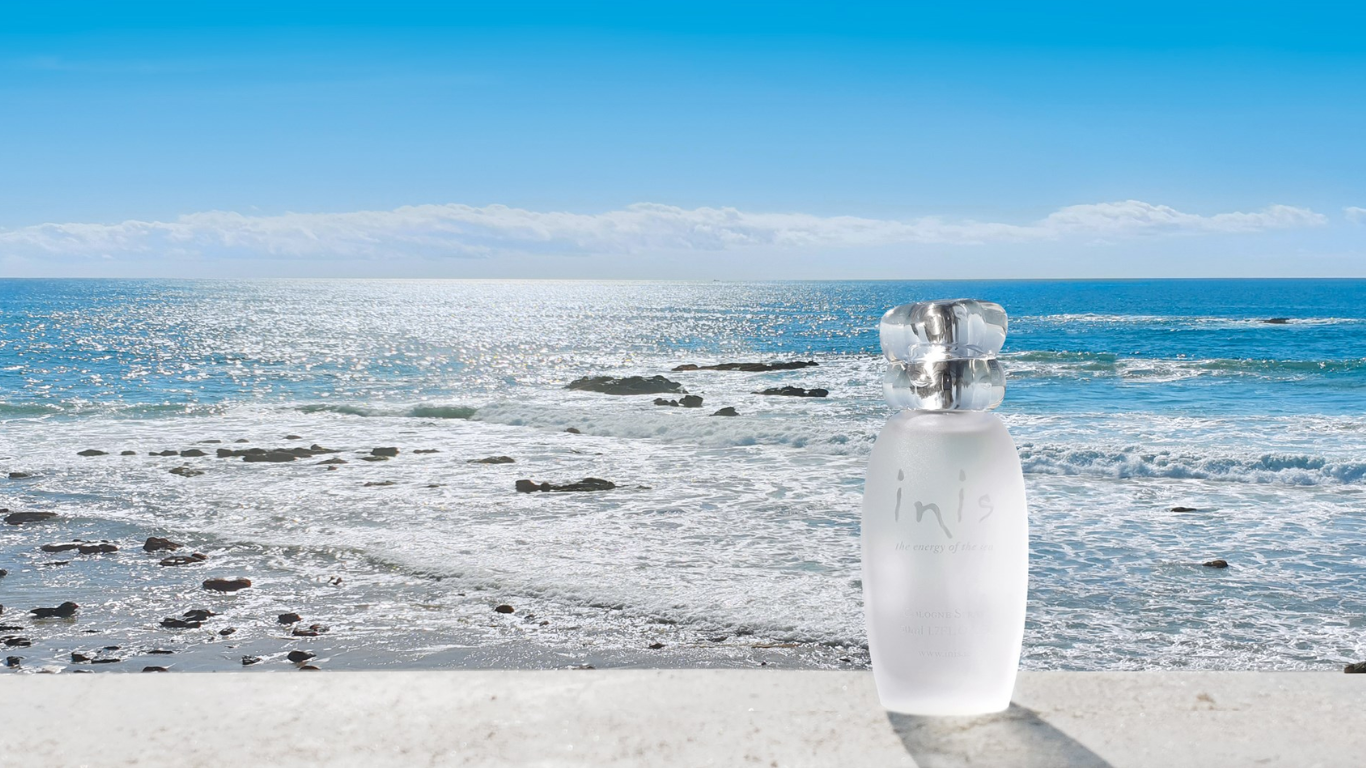
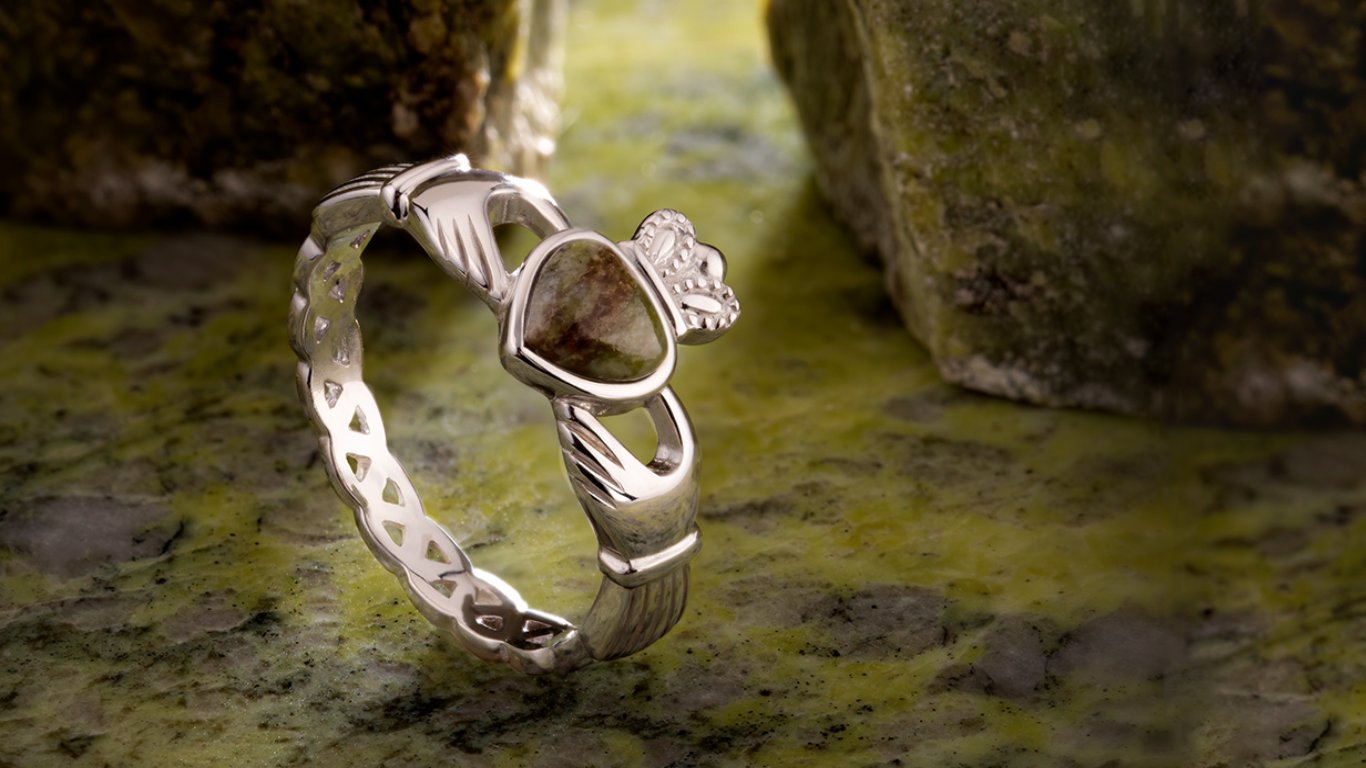
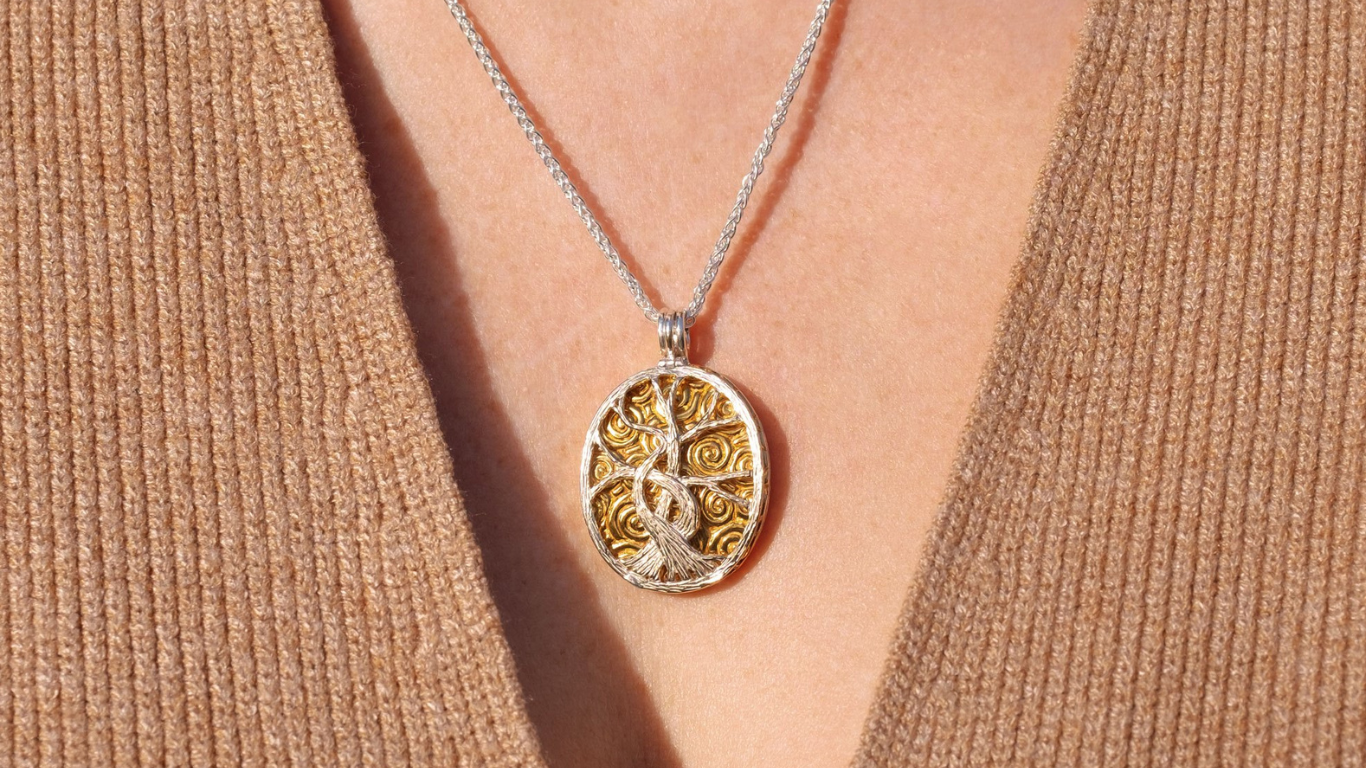

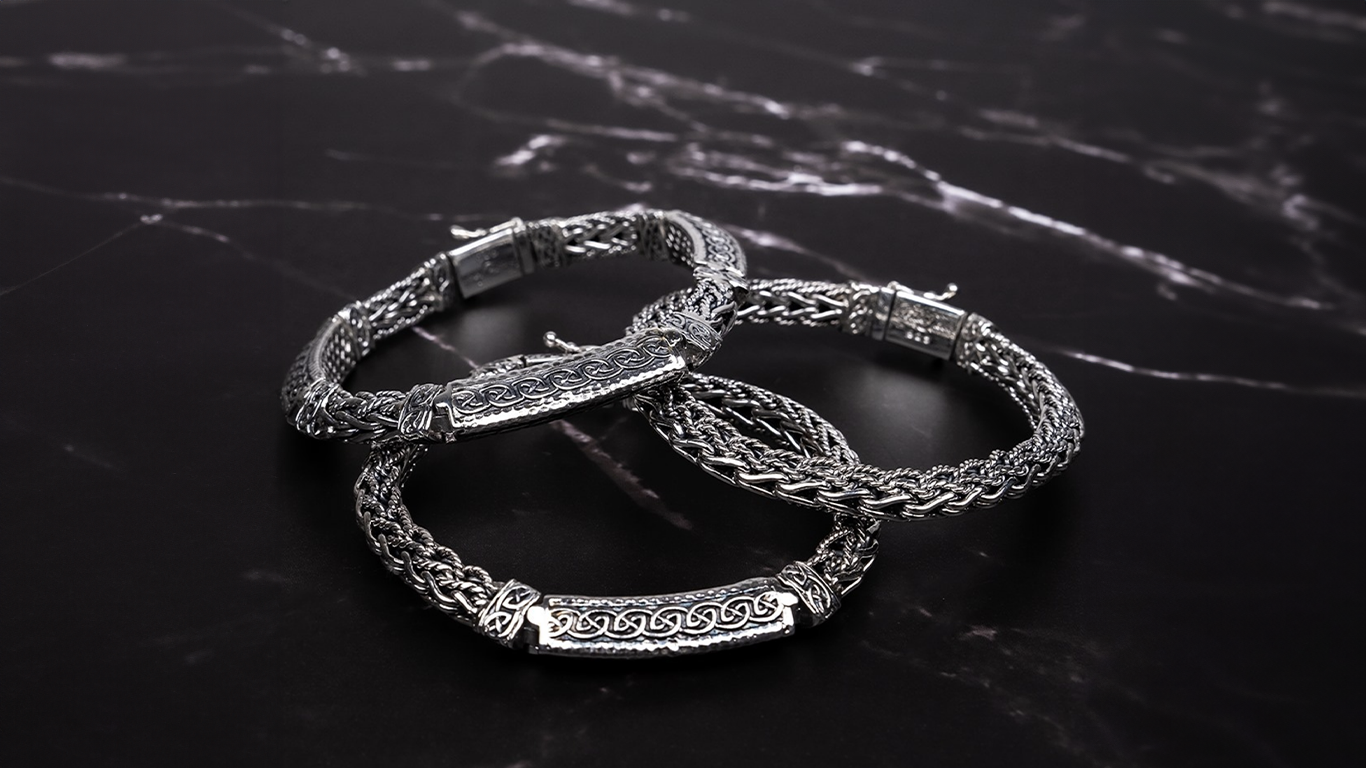






Leave a comment